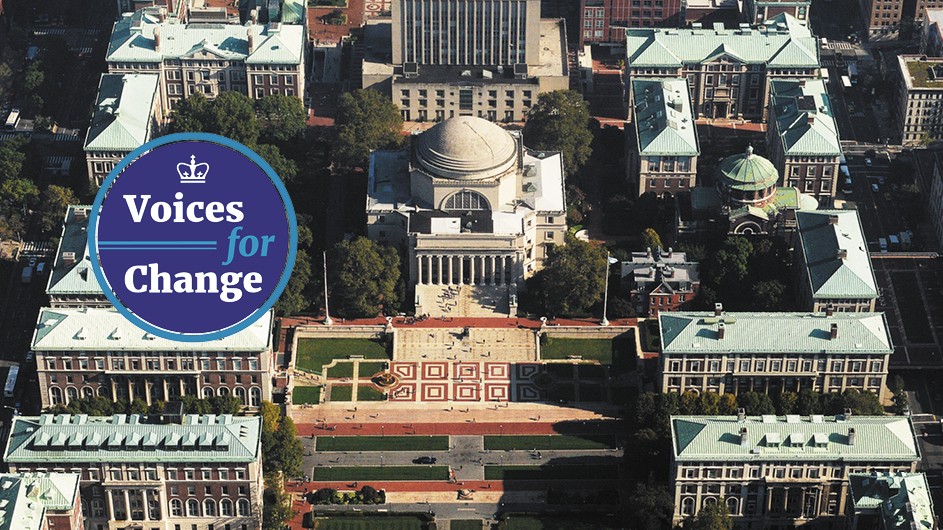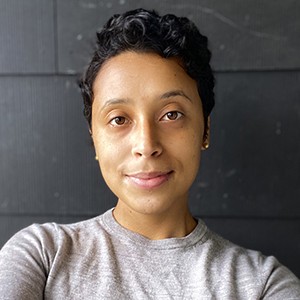Voices for Change

Tatianna Echevarria, Assistant Director of Community Affairs, Office of Government and Community Affairs
Everyone Stands to Benefit From a More Equitable Society
As the antiracism task force got underway, I was most concerned about how the hierarchy within the university structure could limit opportunities for real change. I have seen and participated in task forces throughout my career. Many of them have generated great ideas but did not have the teeth or support of leadership to implement them. In my experience, large institutions are very resistant to change and task forces can be used to generate good will solely through optics. I believe that the antiracism task force has generated ideas that can be transformative and the university has the opportunity to be a leader in this space.

Getting involved in Columbia’s antiracism efforts was a natural fit for me. I have spent my entire working life fighting for racial justice through various entry points. I have been on the frontlines as a community organizer, in philanthropy funding community development and in city government implementing public programs. My mission has always been to foster a more just ecosystem so that BIPOC communities can thrive rather than be subjected to further marginalization. Universities such as Columbia have historically exacerbated the marginalization of BIPOC communities, and yet they are economic engines that have the potential to create real change if they so choose. In my current role, I am working to realize that potential.
The Office of Community Affairs is uniquely positioned to be a leader at Columbia. While the West Harlem Community Benefit Agreement is what most folks associate with our office, the university is at a turning point and we have to think beyond a single agreement. We are uniquely positioned to organize stakeholders to set 1) a shared vision of impact, 2) standards for the university’s community engagement work, and 3) criteria and metrics to inform what constitutes a meaningful community-based program. The diverse set of skills and networks that our team collectively possesses, make us an ideal partner and resource for implementing actions that will positively impact both Columbia stakeholders and the residents of Harlem and Upper Manhattan.
Add Your Voice
It is critically important to understand the economic impact systemic racism has had on BIPOC communities. Of course, there are outcomes such as unemployment and income levels to consider, but antiracism has to be more than just anti-poverty. Antiracism must consider how our capitalist economy survives on the existence of a lower class, made up predominantly of people of color who have limited wealth creation opportunities and therefore less generational prosperity.
How Allies Can Help
Allies should take the lead in researching the issues and educating fellow allies. It is important for allies to understand that they cannot expect BIPOC people to fix the oppression that we never had the power to create. It is not enough to invite BIPOC people to a previously existing “table” to leverage our brilliance and labor. Allies should instead co-create a new table with BIPOC people and share in the power of implementing new policies and practices.
I believe the number one obstacle to enacting antiracist practices and policies is the narrative that antiracism work is done solely in service of the oppressed. While Columbia’s historical contribution to racist systems in this country is enough to justify the responsibility to address them, it is important to note that everyone stands to benefit from a more equitable society. Economic justice in particular is critical for Columbia to achieve a higher performing workforce. and to exist in a more prosperous ecosystem where it can carry out its mission more successfully.